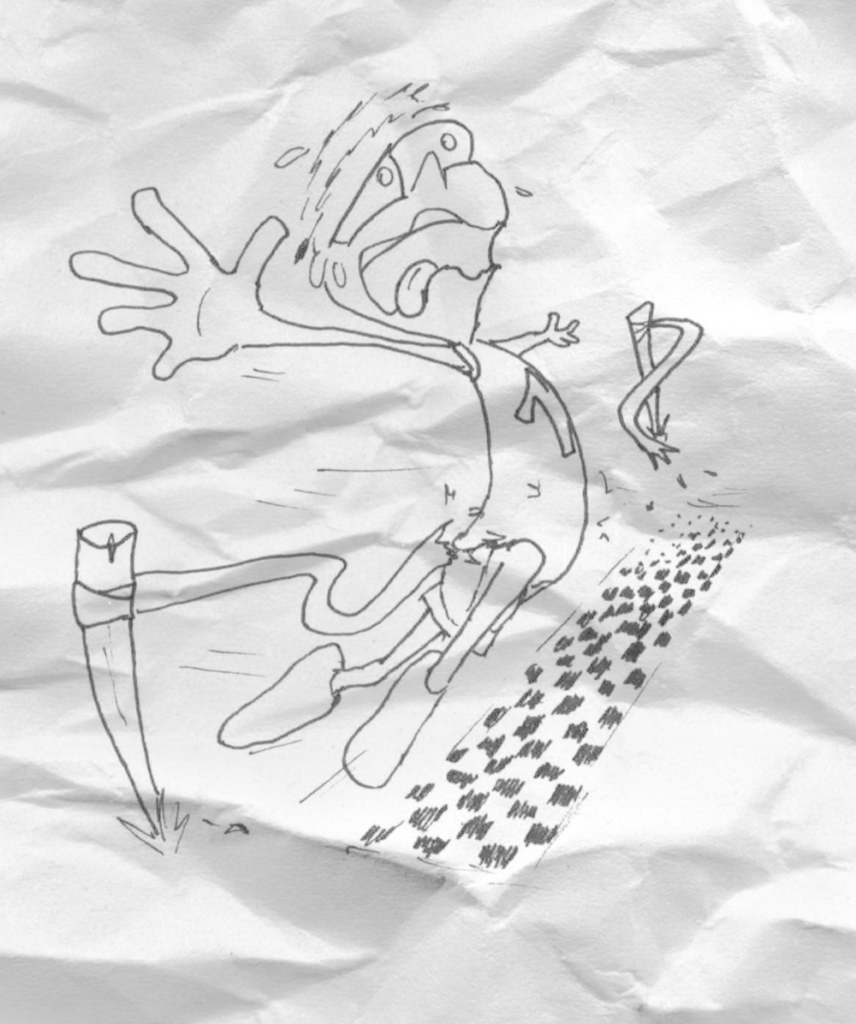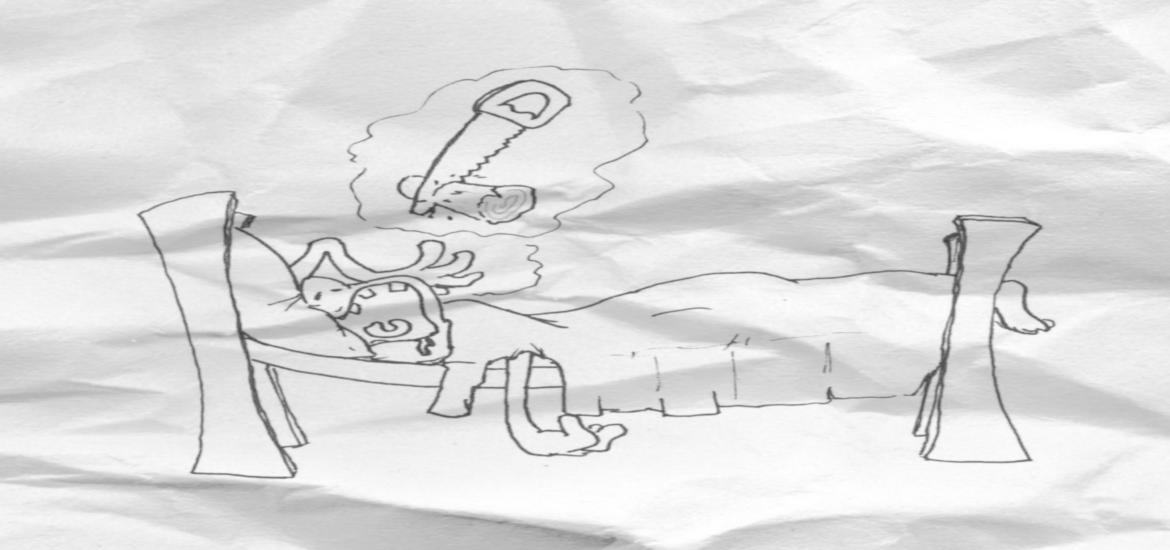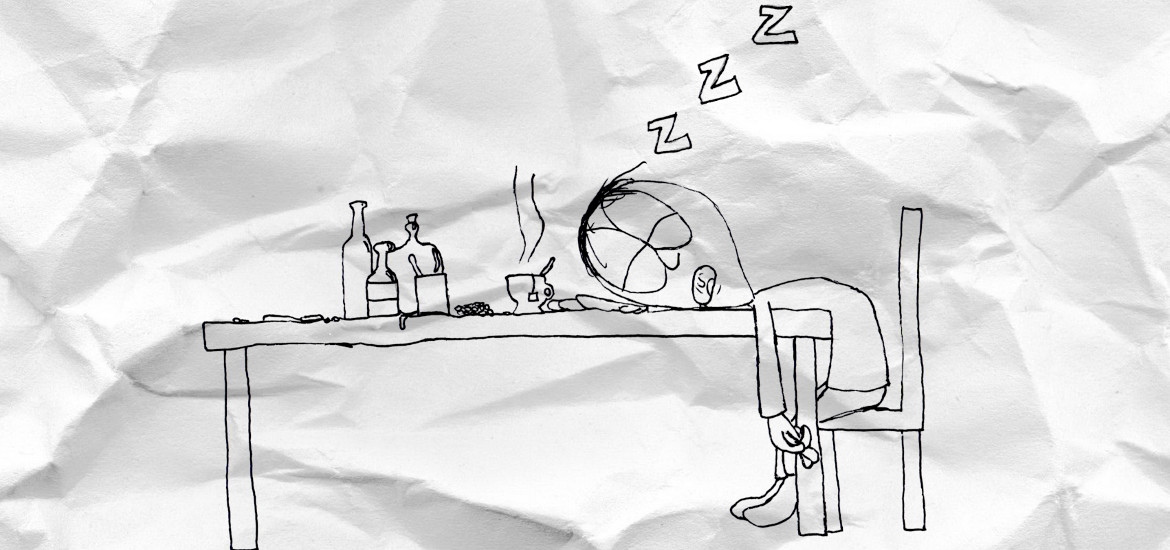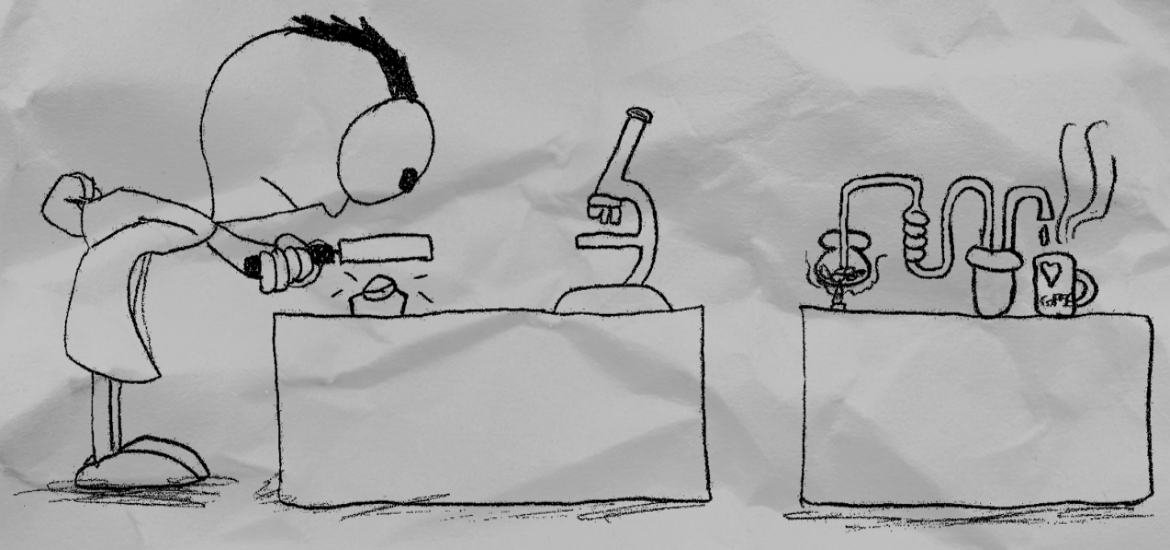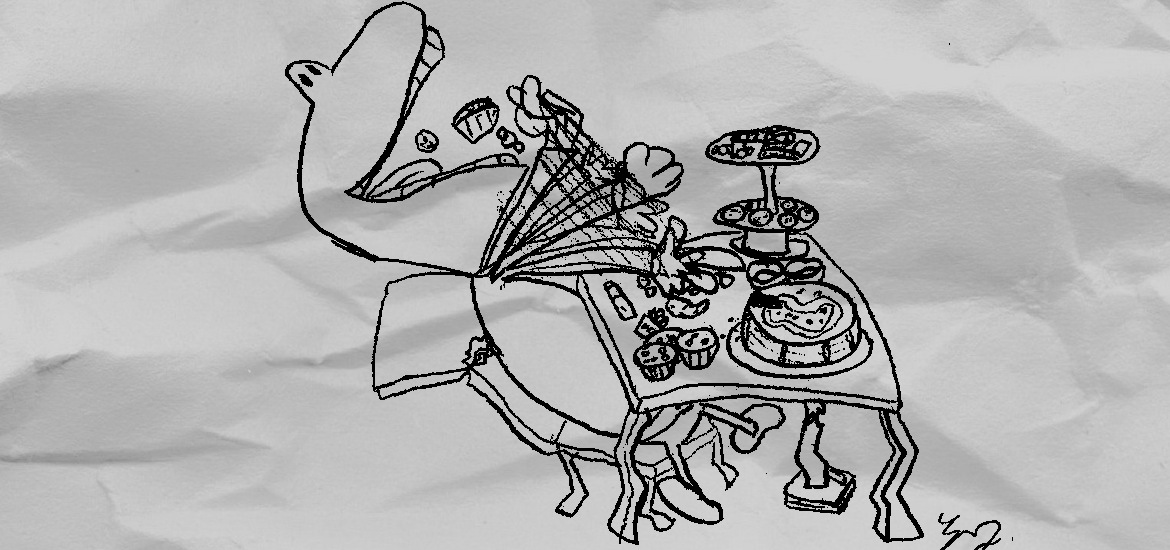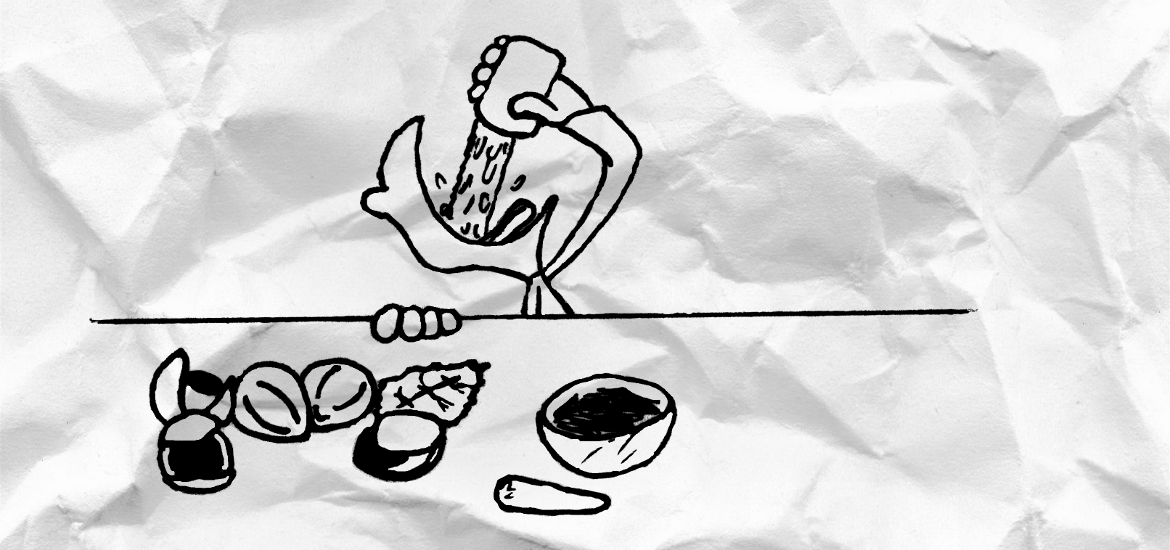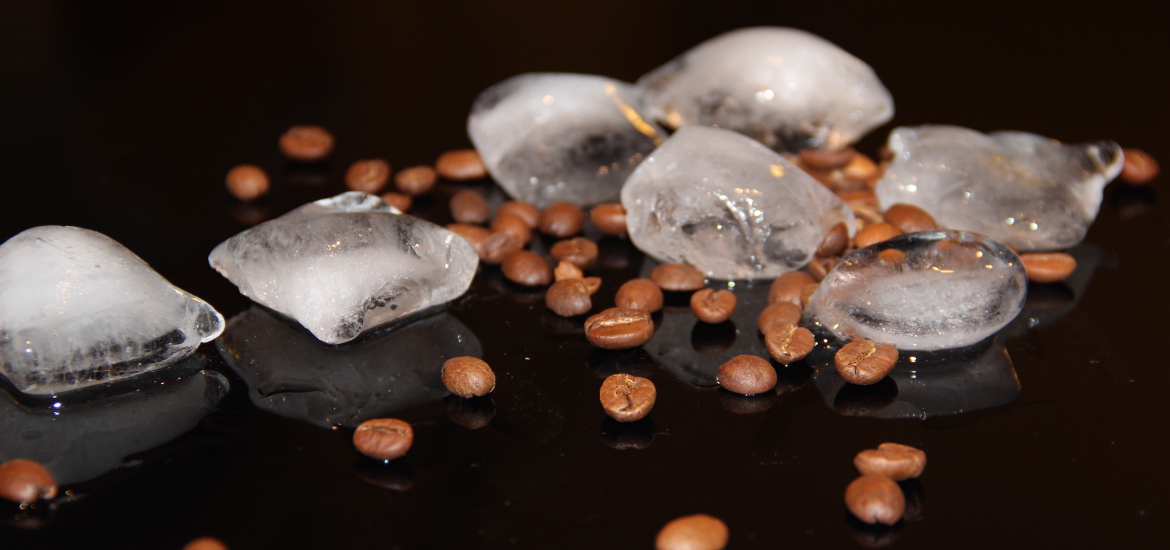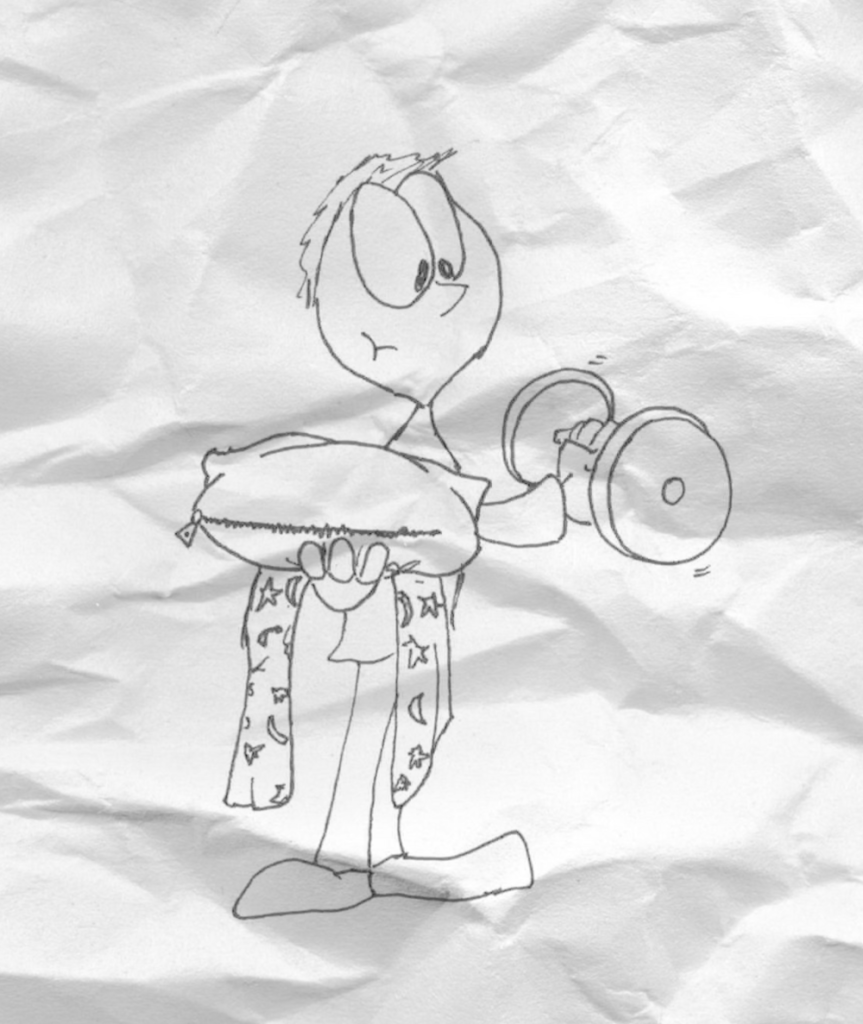
Besides workout, muscle growth and strength gain are usually associated with protein intake. Lots of people think that eating protein supplements will make your muscles bigger and stronger. But from an early age we are told that we should sleep so that we will grow up to be big and strong. I have already explored protein supplements, but I think sleep is equally, if not even more so, important. Not just because our parents told us so.
So let’s explore if your muscles will be bigger and stronger after a good night’s sleep or after a protein shake.
General literature findings
There are a lot of studies, although not all of them of the desired quality, about muscle strength and gain in relation to protein intake. But there are much fewer studies in relation to sleep. As with the protein intake studies, such studies should be run over a longer time period, not just days, are hard to standardize and require relatively big numbers of participants. Therefore they are extremely tasking to conduct and can still come out ambiguous in terms of results. Anyways, we will try to distill as much as possible from what we have.
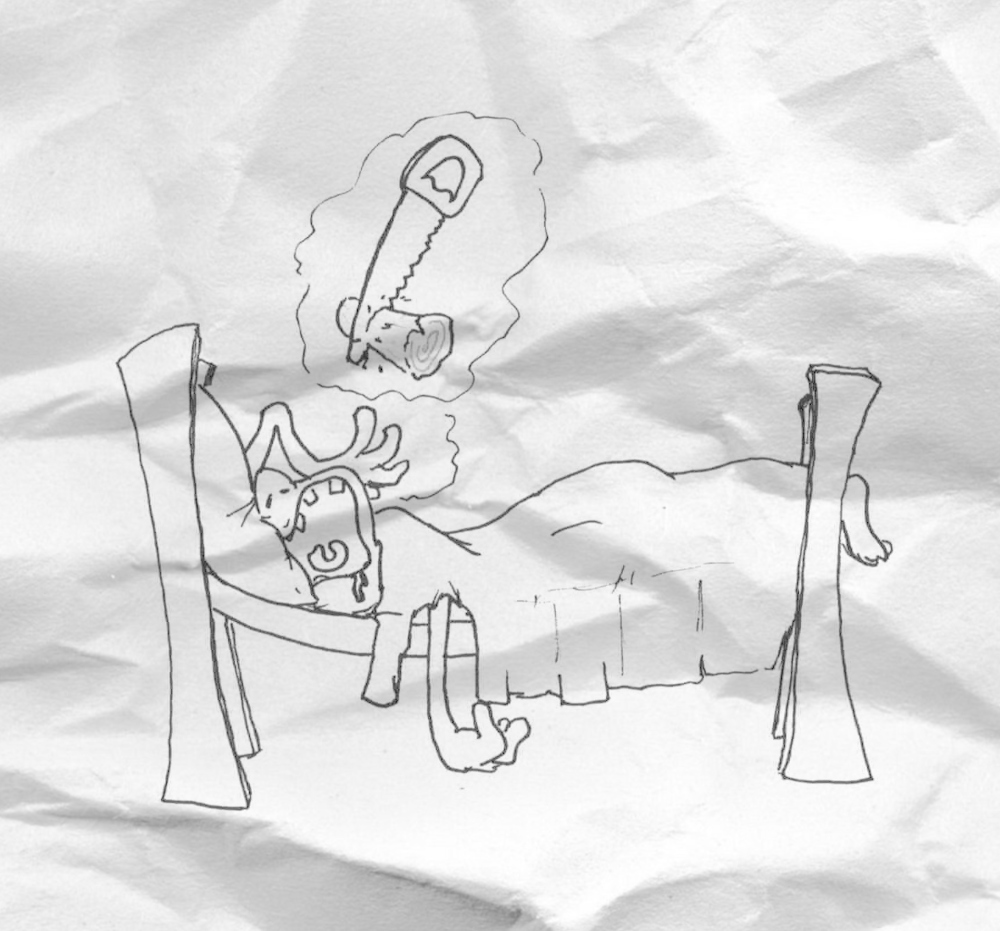
As expected, serious sleep deprivation has an immediate negative effect. One day of bad sleep does not have an impact on your performance, but several days do. No surprises there. Strong sleep deprivation has an enormous effect on our mood, concentration, reaction speed, logical thinking and many other things. It stands to reason that it has an impact on our physical performance. Chronic sleep deprivation (e.g below 6 hours) has similar effects, among the above mentioned ones also increased chance of injury and development of chronic pain. In this regard sleep deprivation can have an indirect influence on physical performance, which definitely should not take likely.
Physical performance and sleep
How your direct physical performance changes with small, but chronic sleep reduction is not so well documented. There are several studies exploring the effect of exercise on sleep – that is the diametrically opposing research – and even here the results are not crystal clear, but they do point out that there is strong evidence that if you exercise, you sleep better. This is a little surprising since we all believe that exercise should guarantee good sleep. Another confirmation that such research is really complex to perform and evaluate.
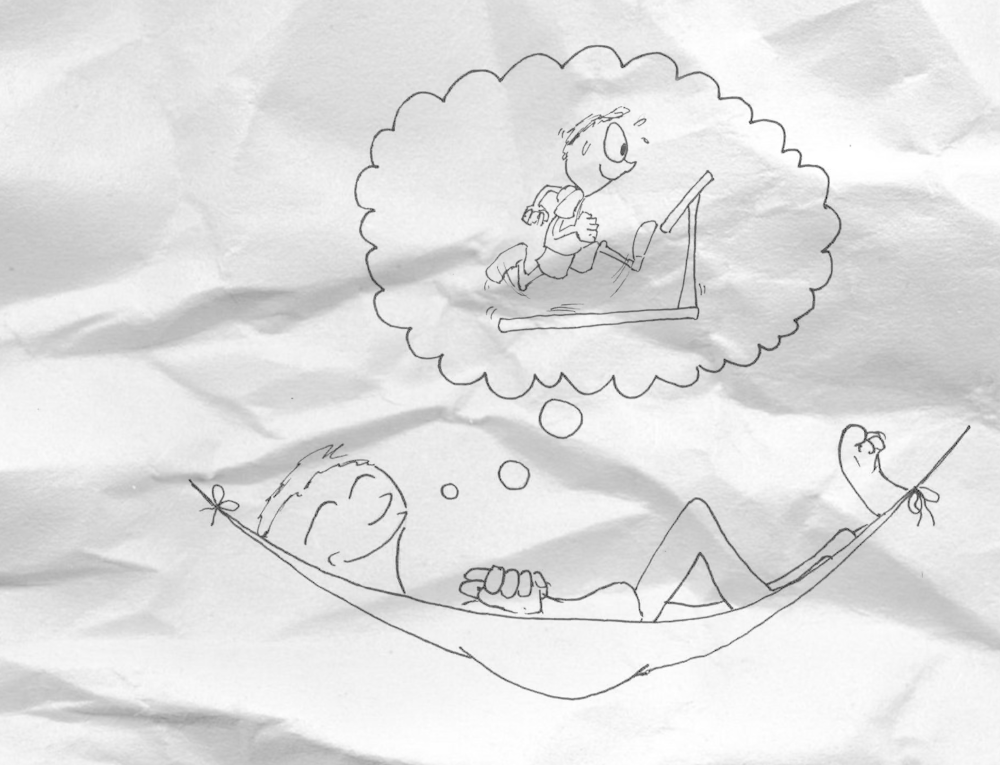
There is some data showing that regular sleep above seven hours per night increases athletic performance, as described in this thesis. However, as with the other studies, these are too small to make a definite statement. But they tend to go in the direction that we assume is logical. We just need a lot more studies to confirm this. But nevertheless, sleeping enough is vital for our overall functioning and most probably also helps improve muscle gain and performance. Just make sure you get that eight hours!
Conclusion
Naturally, when we talk about you needing eight hours of sleep, this is not totally true. Eight hours of sleep is the average and suitable time for most people, but is not applicable to everybody. You might get by with either seven hours or might require nine. However, there is little chance that you need only six or even less hours of sleep per day. So be realistic. Your age is also an important factor and you will need more sleep if you are a teenager, all adults need on average eight hours of sleep. And you definitely need more sleep if you are recovering from injury or you are having an intense physical workout routine. There is not much harm if you do not get all necessary sleep in one day. Just make sure that you get your required amount most of the time and you will be fine.
Finally I will finish with a thought that I heard from Thomas Roth, and I believe that it sums up nicely the above information. “You can train yourself to sleep less than eight hours per day. But you cannot train your body to need less than eight hours of sleep per day.”
